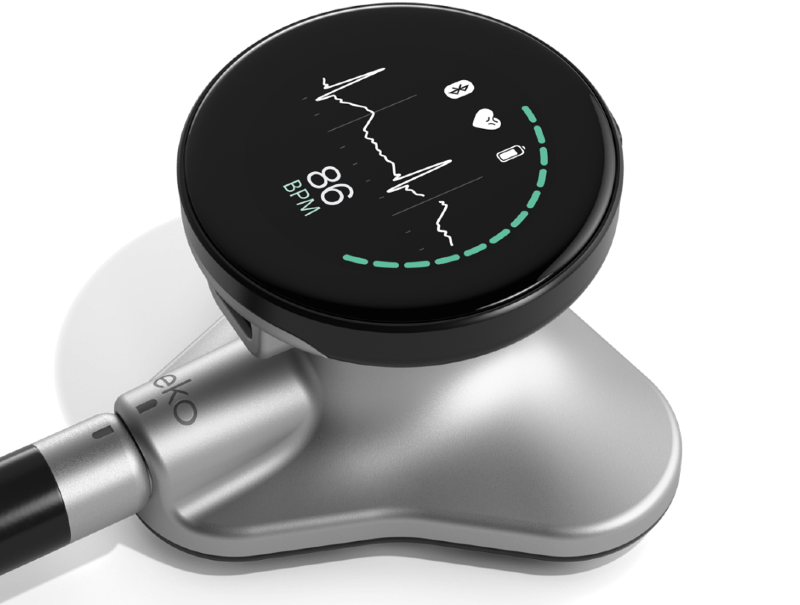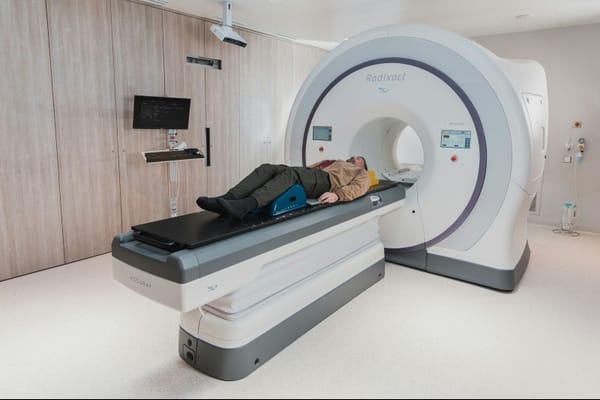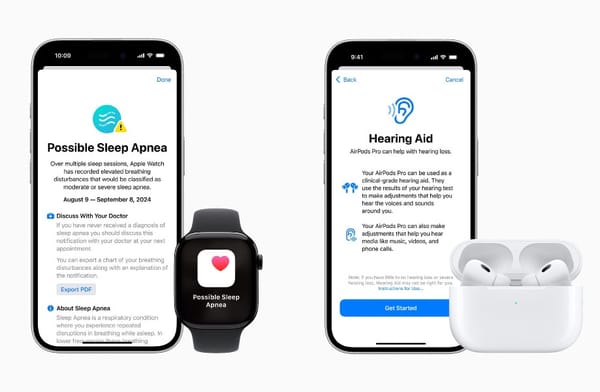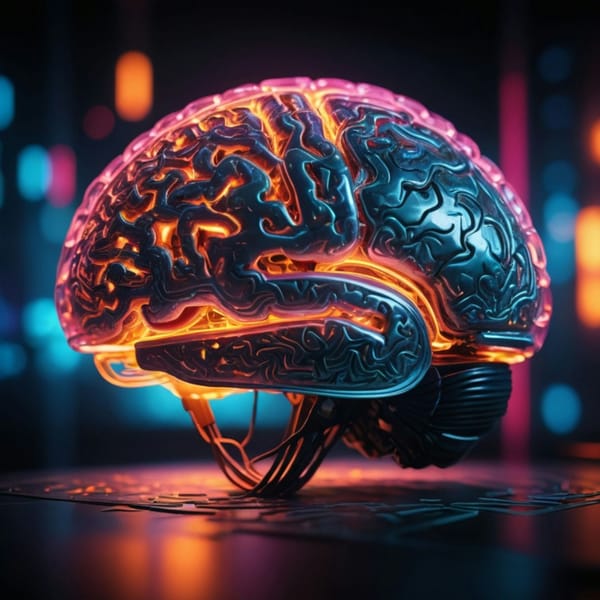In an exciting development at the intersection of healthcare and technology, artificial intelligence (AI) is revolutionizing the way we detect and prevent heart disease. Digital stethoscopes equipped with AI are now capable of identifying early signs of heart problems, potentially saving countless lives through early intervention. This groundbreaking technology is making waves in the medical community and could soon become a standard tool in clinics and hospitals across the country.
Key Takeaways
- AI-powered digital stethoscopes can detect early signs of heart disease
- The technology analyzes heart sounds to identify abnormalities
- Early detection leads to better treatment outcomes and potentially saves lives
- These devices are becoming more accessible and user-friendly
- AI stethoscopes could revolutionize preventive cardiac care
The Evolution of the Stethoscope
The stethoscope has been a symbol of medical practice for over 200 years. Invented in 1816 by French physician René Laennec, this simple yet effective tool has been instrumental in diagnosing various heart and lung conditions. However, the traditional stethoscope relies heavily on the physician's ability to interpret the sounds they hear, which can be subjective and vary based on experience.
Enter the digital stethoscope. This modern iteration of the classic medical device incorporates advanced technology to capture, record, and analyze heart sounds with unprecedented accuracy. The latest development in this field is the integration of artificial intelligence, which takes the capabilities of digital stethoscopes to a whole new level.
How AI-Powered Stethoscopes Work
AI-powered digital stethoscopes work by recording heart sounds and converting them into digital data. This data is then analyzed by sophisticated algorithms that can detect subtle abnormalities that might be missed by the human ear. The AI compares the recorded sounds to a vast database of known heart conditions, identifying patterns and irregularities that could indicate early stages of heart disease.
Some key features of these advanced stethoscopes include:
- High-quality sound recording and amplification
- Noise cancellation technology for clearer heart sound isolation
- Real-time analysis and feedback
- Integration with electronic health records for comprehensive patient care
Benefits of AI in Heart Disease Detection
The integration of AI into digital stethoscopes offers numerous benefits for both patients and healthcare providers:
Early Detection
One of the most significant advantages of AI-powered stethoscopes is their ability to detect heart abnormalities in their earliest stages. This early detection can lead to prompt intervention, potentially preventing the progression of heart disease and improving overall outcomes for patients.
Improved Accuracy
AI algorithms can analyze heart sounds with a level of precision and consistency that surpasses human capabilities. This increased accuracy reduces the risk of misdiagnosis and ensures that patients receive appropriate care based on their specific condition.
Accessibility
As these devices become more widespread, they have the potential to bring advanced cardiac screening to underserved areas. Portable AI stethoscopes could be used in remote clinics or even in patients' homes, expanding access to high-quality cardiac care.
Continuous Learning
AI systems are designed to learn and improve over time. As more data is collected and analyzed, these devices will become even more accurate and effective in detecting a wide range of heart conditions.
Potential Impact on Cardiac Care
The introduction of AI-powered digital stethoscopes could have far-reaching effects on how we approach cardiac care:
Preventive Care
By detecting heart abnormalities early, healthcare providers can focus more on preventive measures rather than treating advanced stages of heart disease. This shift could lead to better overall heart health for the population and reduced healthcare costs associated with treating advanced cardiac conditions.
Personalized Treatment Plans
The detailed data provided by AI stethoscopes can help doctors create more personalized treatment plans for their patients. By understanding the specific characteristics of a patient's heart sounds, physicians can tailor interventions to address individual needs more effectively.
Reduced Burden on Specialists
With AI assistance, primary care physicians may be able to conduct more comprehensive cardiac evaluations, potentially reducing the need for specialist referrals in some cases. This could lead to faster diagnoses and treatment initiation for patients.
Enhanced Patient Education
The visual and auditory feedback provided by these devices can be used to educate patients about their heart health. This increased understanding may lead to better compliance with treatment plans and lifestyle recommendations.
Challenges and Considerations
While the potential of AI-powered digital stethoscopes is immense, there are some challenges to consider:
Cost and Accessibility
Currently, these advanced devices are more expensive than traditional stethoscopes. Widespread adoption may depend on reducing costs and ensuring that the technology is accessible to healthcare providers across various settings.
Training and Integration
Healthcare professionals will need training to effectively use and interpret the results from AI-powered stethoscopes. Integrating these devices into existing healthcare systems and workflows may also present challenges.
Data Privacy and Security
As with any technology that collects and analyzes personal health data, ensuring the privacy and security of patient information is paramount. Robust safeguards must be in place to protect sensitive medical data.
Regulatory Approval
New medical devices must undergo rigorous testing and obtain regulatory approval before widespread use. This process can be time-consuming but is essential to ensure the safety and efficacy of the technology.
The Future of Heart Health
The development of AI-powered digital stethoscopes represents a significant step forward in cardiac care. As this technology continues to evolve and become more widely available, we can expect to see a shift towards more proactive and personalized heart health management.
For the average person, this means that routine check-ups could become more informative and potentially life-saving. Imagine a future where a quick listen with an AI stethoscope during your annual physical could provide early warning of developing heart issues, allowing for immediate lifestyle changes or medical interventions to keep your heart healthy.
As we move forward, it's important for individuals to stay informed about these advancements and to discuss with their healthcare providers how new technologies like AI-powered stethoscopes might benefit their personal health journey.
In conclusion, the marriage of artificial intelligence and the humble stethoscope is ushering in a new era of cardiac care. By detecting heart disease symptoms earlier and more accurately than ever before, this technology has the potential to save lives and improve the quality of life for millions of people. As we embrace these innovations, we move closer to a future where heart disease can be caught and addressed before it becomes a serious threat to our health and well-being.














Member discussion